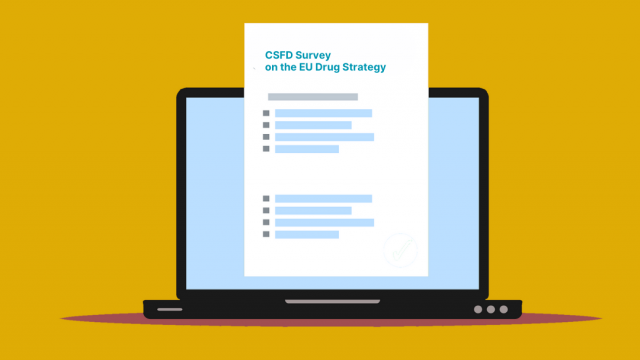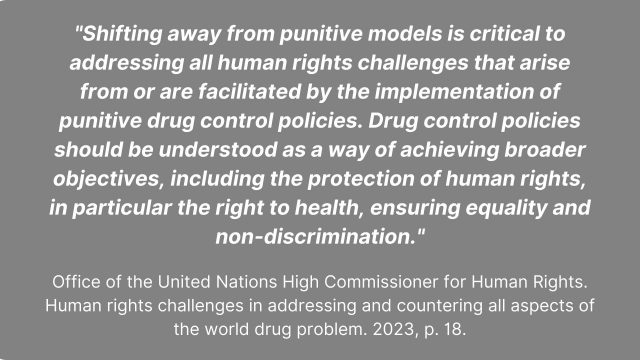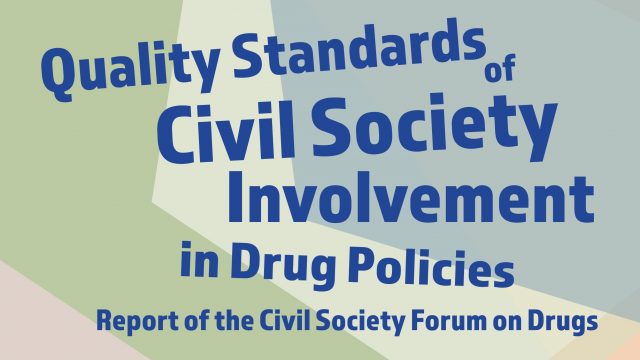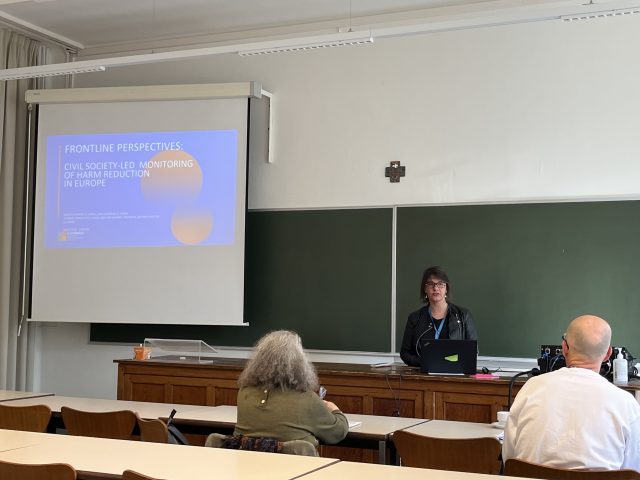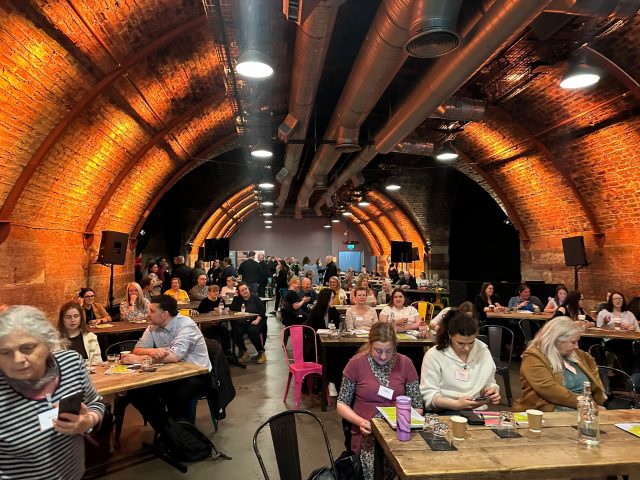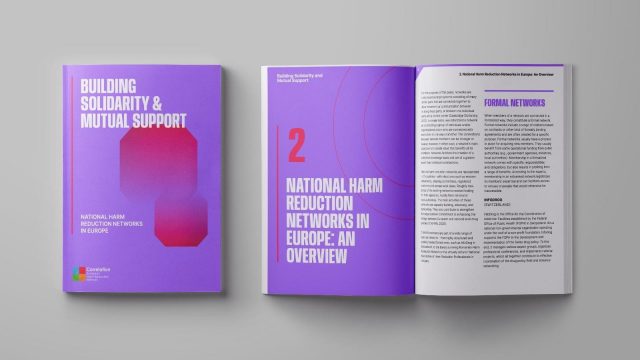Are you part of a Civil Society Organization working in Drug Policy? Your voice matters in shaping drug policies in the EU!
Participate in the Civil Society Forum on Drugs (CSFD) Survey on the implementation of the EU Drug Strategy and Action Plan 2021-2025 and share your knowledge on the implementation of drug policies. Your insights will contribute to the evaluation of the current situation regarding the accessibility and quality of key demand reduction and harm reduction programmes and interventions and help identify potential changes since the last assessment.
You can find the Survey here.
Responses can be submitted until the 30th of October 2023.
Your participation is voluntary. All responses will be kept anonymous and integrated into a report published on the website of the Civil Society Forum on Drugs (CSFD).
This survey continues the efforts of the Civil Society Forum on Drugs to monitor the implementation of EU drug policies from the perspective of civil society organisations. So far, the CSFD has published three reports on the topic:
- Civil society views on the Implementation of the EU Action Plan on Drugs: Report by the Civil Society Forum on Drugs (2018);
- The EU Action Plan on Drugs 2017- 2020 and the national drug policies in 8 European States. Divergences, convergences, gaps and areas for development (2021);
- Implementation of the EU Action Plan on Drugs 2017-2020: The civil society perspective (2022).
With this survey, we aim to discover the extent of implementation of the EU Drug Strategy 2021-2025 in the EU Member States and beyond in the middle of its running period. We ask you to fill in the questionnaire providing answers according to your best expert knowledge.
If you have any questions, please contact Iga Jeziorska, the Chair of the Working Group on the EU Drug Policy, at: iga.kender-jeziorska@euro-yoda.org.

